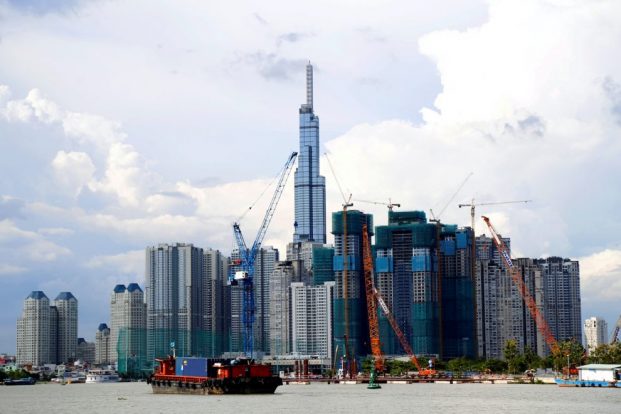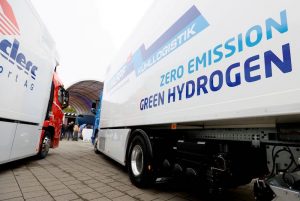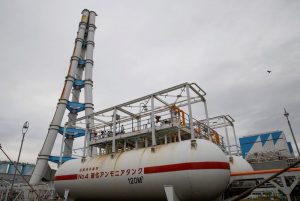Vietnam wants to prioritise development of renewable energy sources and reduce its coal dependency, the government said.
The Southeast Asian country intends to nearly double its total installed power generation capacity to 146,000 megawatts (MW) by 2030, and restrict development of coal-fired power plants and be open to other fuel sources, including hydrogen and ammonia.
The plan takes into account Vietnam’s commitment to turning carbon neutral by 2050, made at a United Nations climate conference in Glasgow in November, a government statement said.
Vietnam, a regional manufacturing powerhouse, is the largest electricity generator in Southeast Asia, with total installed capacity of 76,620 MW at the end of 2021, according to state-run utility EVN.
Wind and solar account for 27% of total capacity. Tokyo-based Renova this month signed a memorandum of understanding with Petro Vietnam Technical Services to jointly develop an offshore wind power project.
No further details of the latest power plan draft were provided and there was no mention of whether Vietnam would resume its nuclear power plans, which were shelved in 2016 following the Fukushima incident in Japan.
EVN last month warned of imminent electricity shortages due to tight coal supplies and called on citizens to save energy.
- Reuters, with additional editing by George Russell






















